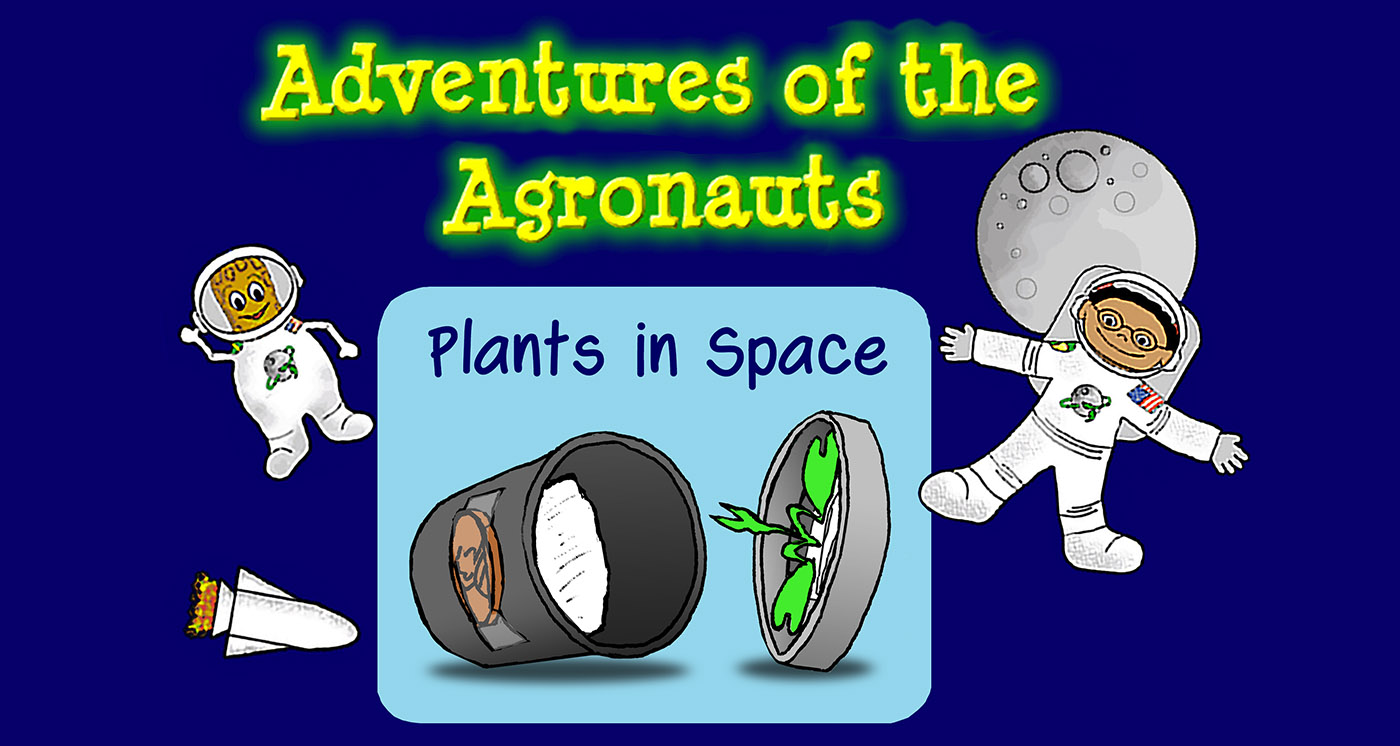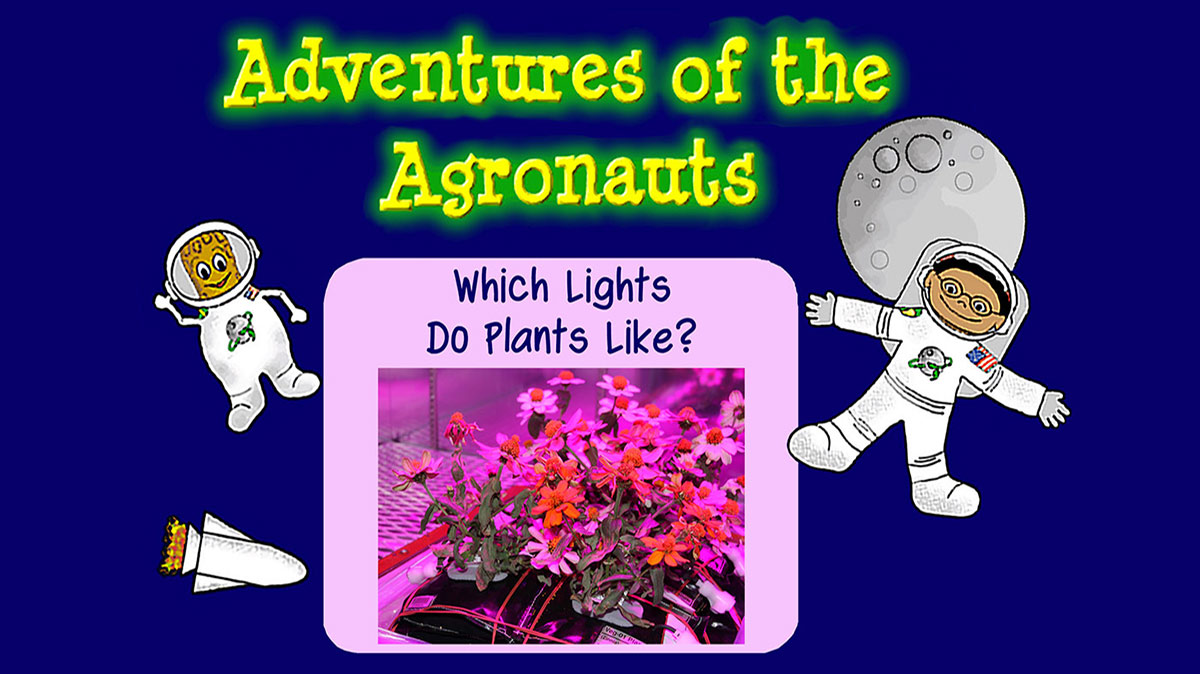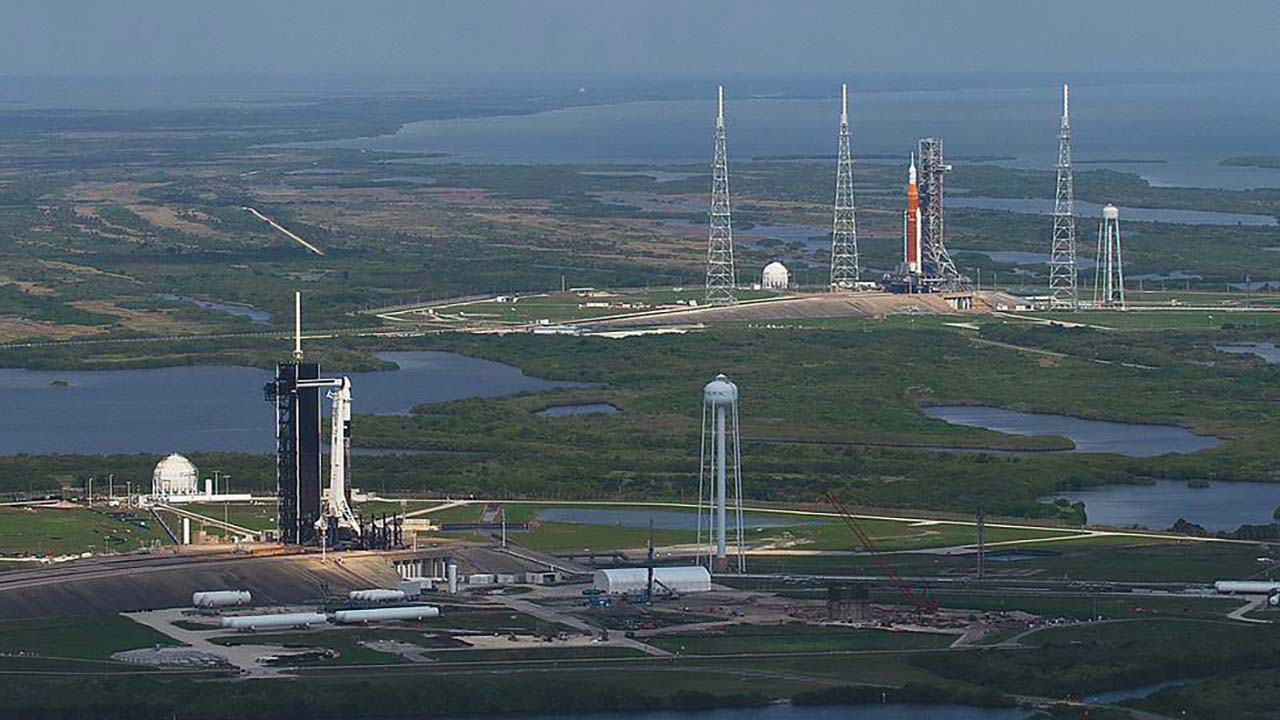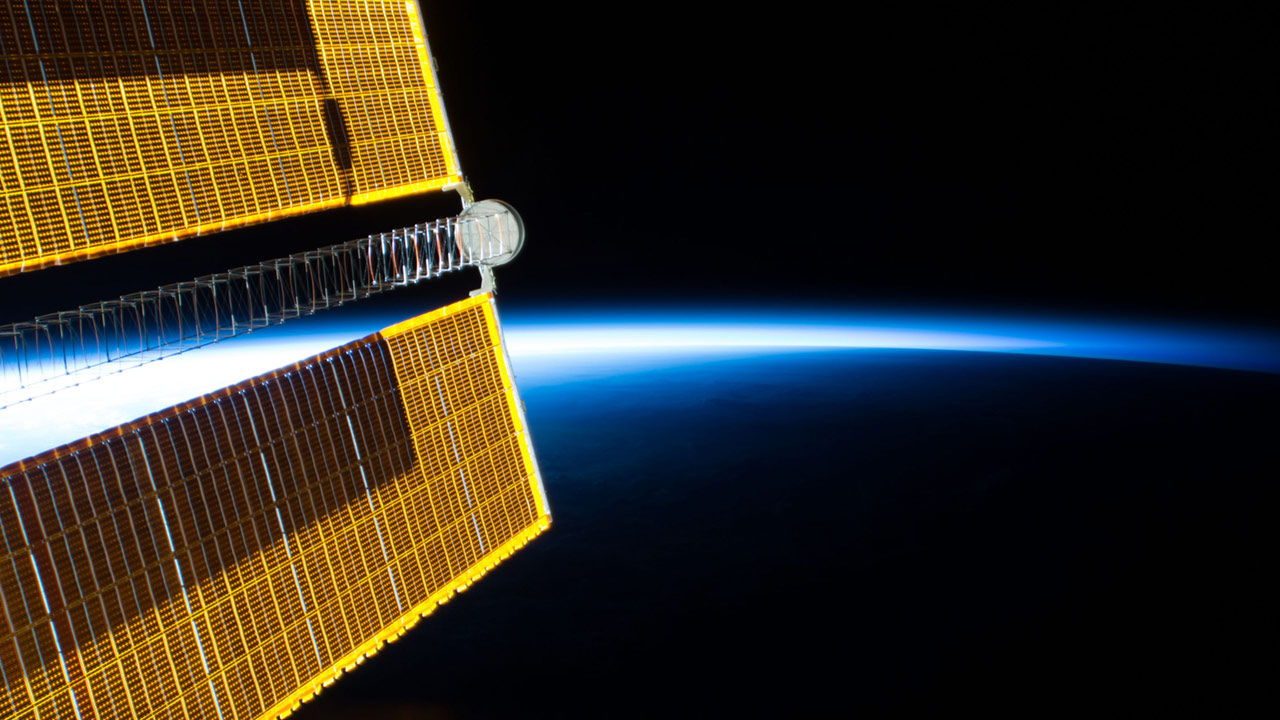Dr. Paul uses microgravity to study plant behavior and adaptation.
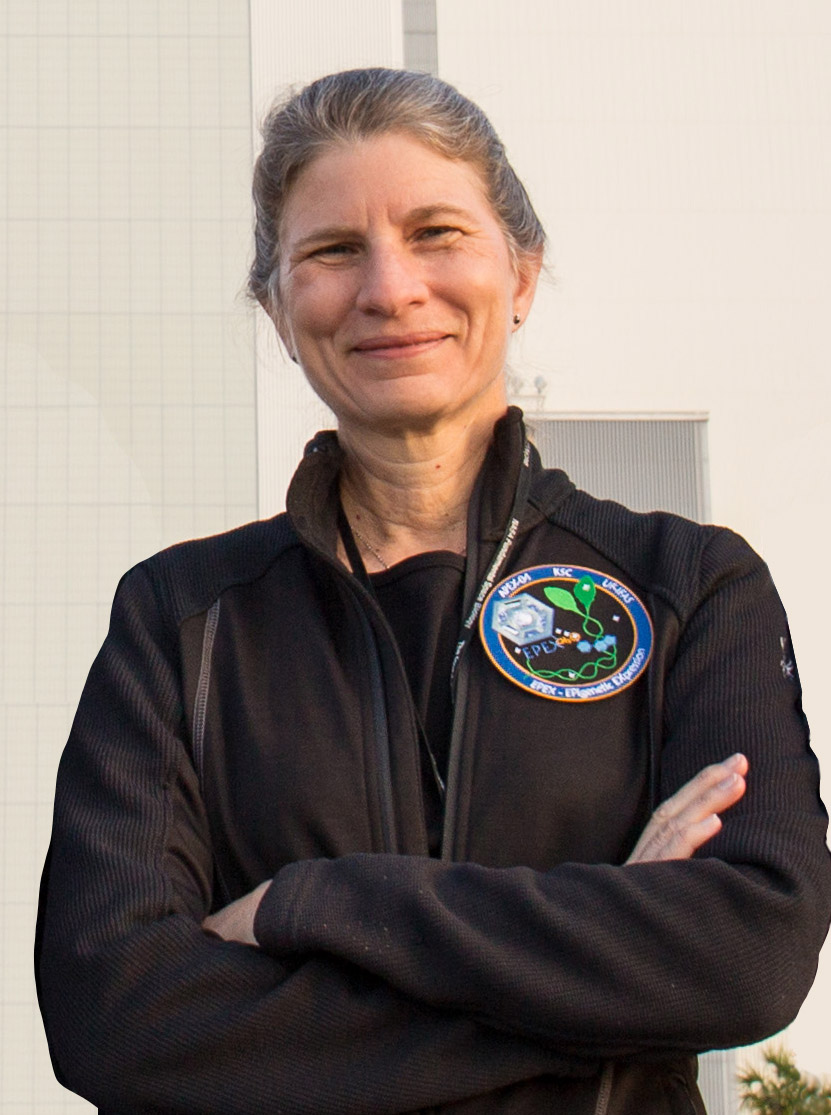
Media Credit: Image courtesy of University of Florida
Dr. Anna-Lisa Paul is a molecular biologist, geneticist, and space biologist. She is a Research Professor in the Horticultural Sciences Department at University of Florida-Gainesville. She and her colleague Dr. Robert Ferl run the University of Florida Space Plants Lab.
Dr. Paul studies how plants adapt to environmental stressors—conditions that differ from what the plants evolved to tolerate. A unique stressor is microgravity (weightlessness), but it can be achieved on Earth only very briefly—just 30 seconds at a time on aircraft parabolic flights. That’s not enough time to see how plants change their growth patterns. So she designs experiments for the International Space Station, where plants can experience microgravity for weeks at a time.
Dr. Paul and Dr. Ferl are especially interested in how plants under stress change their gene expression patterns—which genes are turned on or off at a given time. One way to study this is to add reporter genes to the plants that cause visible changes in the parts of the plant where a specific gene is turned on. One of these reporter genes makes a substance in the plant change from colorless to blue. Another one glows in the dark!
"The more we can learn about how plants respond to novel and extreme environments, the more prepared we are for ... the changing environments they’re up against here on Earth."
Dr. Paul’s research is useful both on Earth and in space. “The more we can learn about how plants respond to novel and extreme environments, the more prepared we are for understanding how plants will deal with the changing environments they’re up against here on Earth,” wrote Dr. Paul. Learning which plants adapt best to spaceflight conditions will also help future astronauts grow fresh food on long missions.







